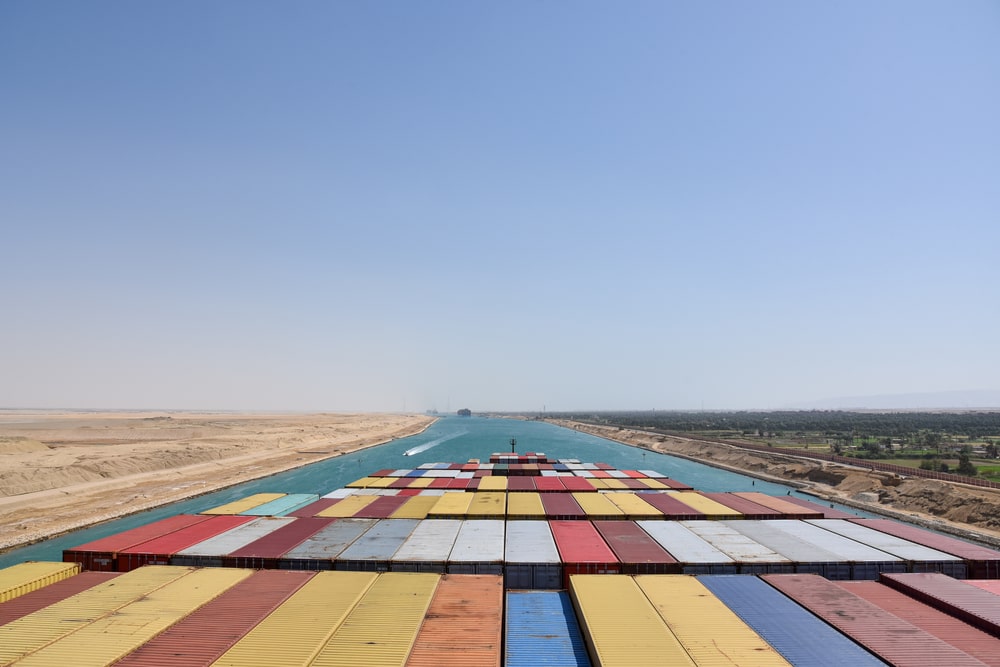
Russell latest's white paper on transit route accumulation is available to download here.
The economic loss caused by disruption in two of the world’s largest shipping routes, the Red Sea and Panama Canal, is an estimated $1.25 trillion according to analysis by Russell Group, a data and analytics company.
The figures are taken from Russell’s new report Why Insurers Should Monitor Their Transit Route Accumulations, which is available here.
Russell’s Red Sea trade analysis from October 2023 through to May 2024, at the height of Houthi attacks on shipping vessels, shows that the commodities most impacted are crude oil, plastic materials, telephone equipment, cars and clothing.
Similarly, Russell’s analysis of trade through the Panama Canal during the vessel restrictions throughout 2023, highlights the commodities most impacted are LPG, Crude Oil, Cars & People Carriers.
Blockages at two of the world’s largest shipping routes has thrown shipping schedules and global supply chains in disarray, as vessels are opting for longer alternative routes, all of which is adding delays and costs for firms that are relying on the goods shipped for their businesses.
Suki Basi, Managing Director of Russell Group commented on the figures:
“The figures that we have released today are unique in that they quantify the economic impact of the ongoing disruptions in two of the world’s largest shipping routes, rather than focusing on other metrics such as vessel numbers.
Clearly, it highlights the potential ripple effect of any disruption within a key transit route, which plays a vital role in moving goods across the world. This is what we have highlighted in our new report.
“The disruption is spreading across the maritime supply chain, as key ports across the globe see an uptick in congestion, with ships arriving at ports behind schedule. This is already coming at a difficult time for ports that are coping with other risks such as labour strife and port capacity issues.
“My concern is that if the disruption shows no sign of ending, that firms may place orders earlier than usual to meet demand for the holiday season towards the end of the year. This would, as many analysts have already note, add further pressure onto what is already a stressed supply chain.”
Download a free copy of the report here. The white paper includes an exclusive foreword by IUMI President, Frédéric Denèfle.